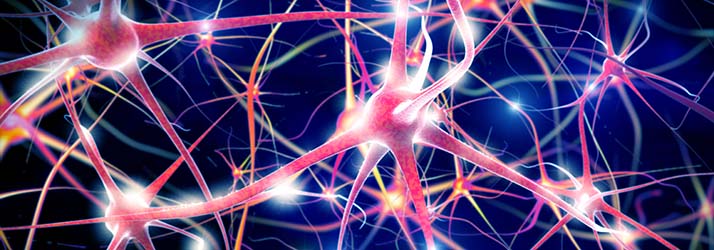Autonomic Nervous System (ANS) Testing in Chattanooga TN

The autonomic nervous system (ANS) controls the body's involuntary functions, such as heart rate, blood pressure, digestion, and sweating. Automatic nervous system testing, also known as autonomic function testing, is a set of procedures used to assess the functioning of the ANS. Our clinic offers autonomic nervous system (ANS) in Chattanooga TN.
Methods of Autonomic Nervous System Testing in Chattanooga TN
There are several methods employed in autonomic nervous system testing, including:
- Autonomic Reflex Testing: This involves evaluating the body's response to specific stimuli, such as changes in posture, breathing patterns, and blood pressure. Examples of reflex tests include the Valsalva maneuver, deep breathing test, tilt table test, and sweat test.
- Heart Rate Variability Analysis: This test measures the variations in the time intervals between heartbeats, known as RR intervals. Analyzing these variations, one can assess the balance between the ANS's sympathetic (fight-or-flight) and parasympathetic (rest-and-digest) branches. Heart rate variability analysis is often conducted using electrocardiography (ECG) recordings.
- Sudomotor Testing: This evaluates the sweat function of the body. Sudomotor tests assess the integrity of the sweat glands and can detect abnormalities in sweat production. Standard methods include the thermoregulatory sweat test, quantitative sudomotor axon reflex test (QSART), and sympathetic skin response (SSR) test.
- Cardiovascular Reflex Testing: This assesses how the cardiovascular system responds to various stimuli. These tests measure blood pressure changes in response to postural changes, such as lying down, sitting up, or standing. An example is the orthostatic blood pressure test.
Benefits
The benefits of autonomic nervous system testing include:
- Diagnosis of Autonomic Disorders: Autonomic function testing can help diagnose various autonomic disorders, such as autonomic neuropathy, dysautonomia, neurocardiogenic syncope, and postural orthostatic tachycardia syndrome (POTS). These tests provide objective measures to assess the functioning of the ANS and aid in determining the underlying cause of symptoms.
- Monitoring Disease Progression: Autonomic nervous system testing can help monitor the progression of specific conditions that affect the ANS, such as diabetes, Parkinson's disease, multiple system atrophy, and certain autoimmune disorders. Regular testing can help track changes in autonomic function over time.
- Treatment Planning: Autonomic function testing provides valuable information for treatment planning and management of autonomic disorders. It helps healthcare providers develop personalized treatment strategies, including lifestyle modifications, medication adjustments, and other interventions to improve autonomic function and alleviate symptoms.
- Research and Clinical Trials: Autonomic nervous system testing is crucial in research studies and clinical trials related to autonomic disorders. It helps researchers evaluate the efficacy of new therapies, assess treatment outcomes, and better understand the underlying mechanisms of autonomic dysfunction.
Conclusion
Overall, automatic nervous system testing provides the following:
- Valuable insights into the functioning of the autonomic nervous system.
- Aiding in the diagnosis, monitoring, and treatment of various autonomic disorders.
- Ultimately, it improves patient care and quality of life.
Monday
7:00am - 11:00am
Tuesday
7:00am - 11:00am
Wednesday
7:00am - 11:00am
Thursday
7:00am - 11:00am
Friday
Closed
Saturday & Sunday
Closed
By Appointment Only
Dr Nicholas J Circolone Chiropractic Orthopedist
7446 Shallowford Rd #108
Chattanooga, TN 37421

